Charismatic Goods, Organized by Wayne Northcross, Oct 11 – Nov 16, 2024
Past: 60 Lispenard St
Installation view Charismatic Goods, CANADA, 2024
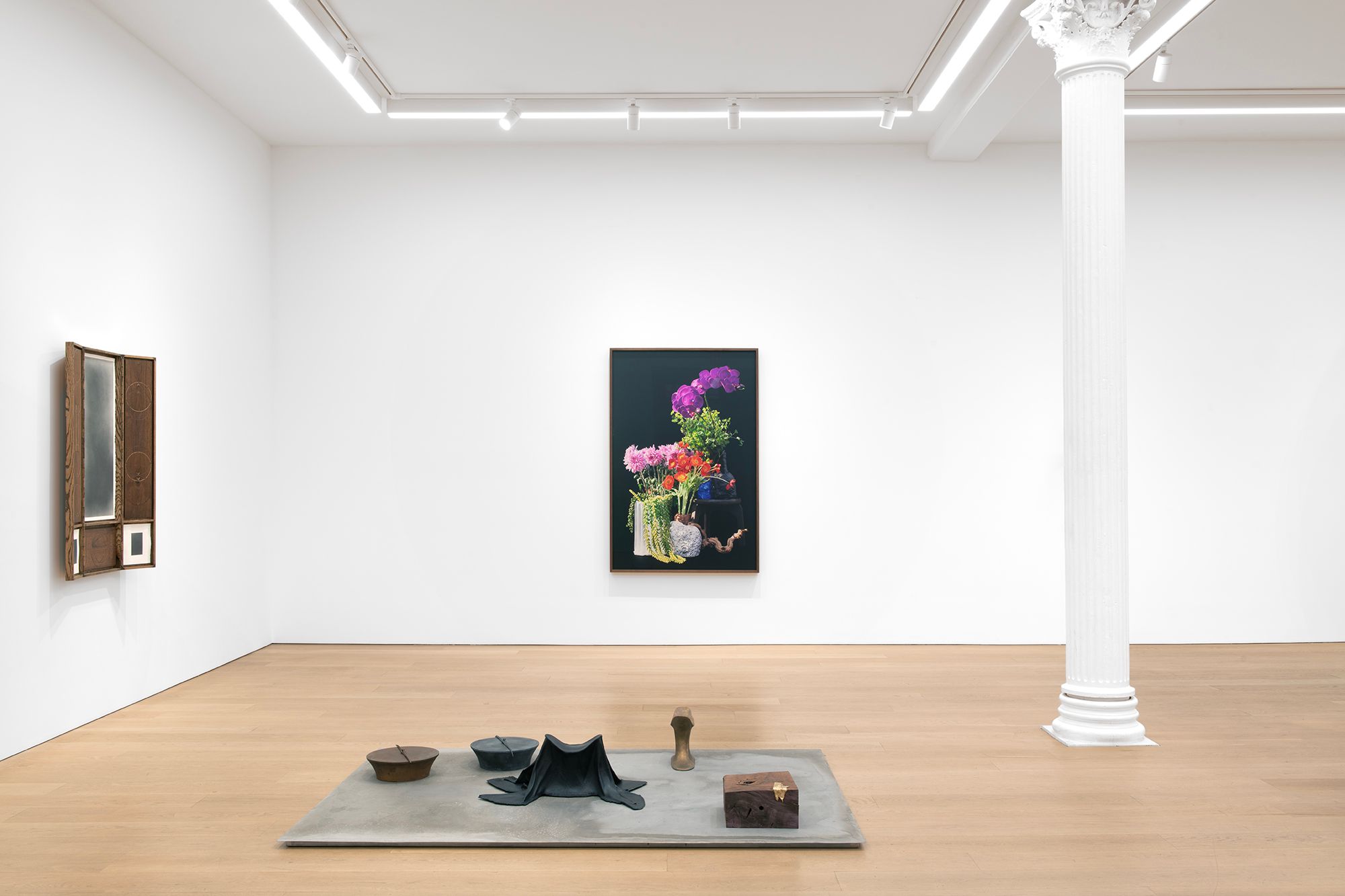
Installation view Charismatic Goods, CANADA, 2024

Installation view Charismatic Goods, CANADA, 2024

Installation view Charismatic Goods, CANADA, 2024

Installation view Charismatic Goods, CANADA, 2024

Installation view Charismatic Goods, CANADA, 2024

Installation view Charismatic Goods, CANADA, 2024

Installation view Charismatic Goods, CANADA, 2024
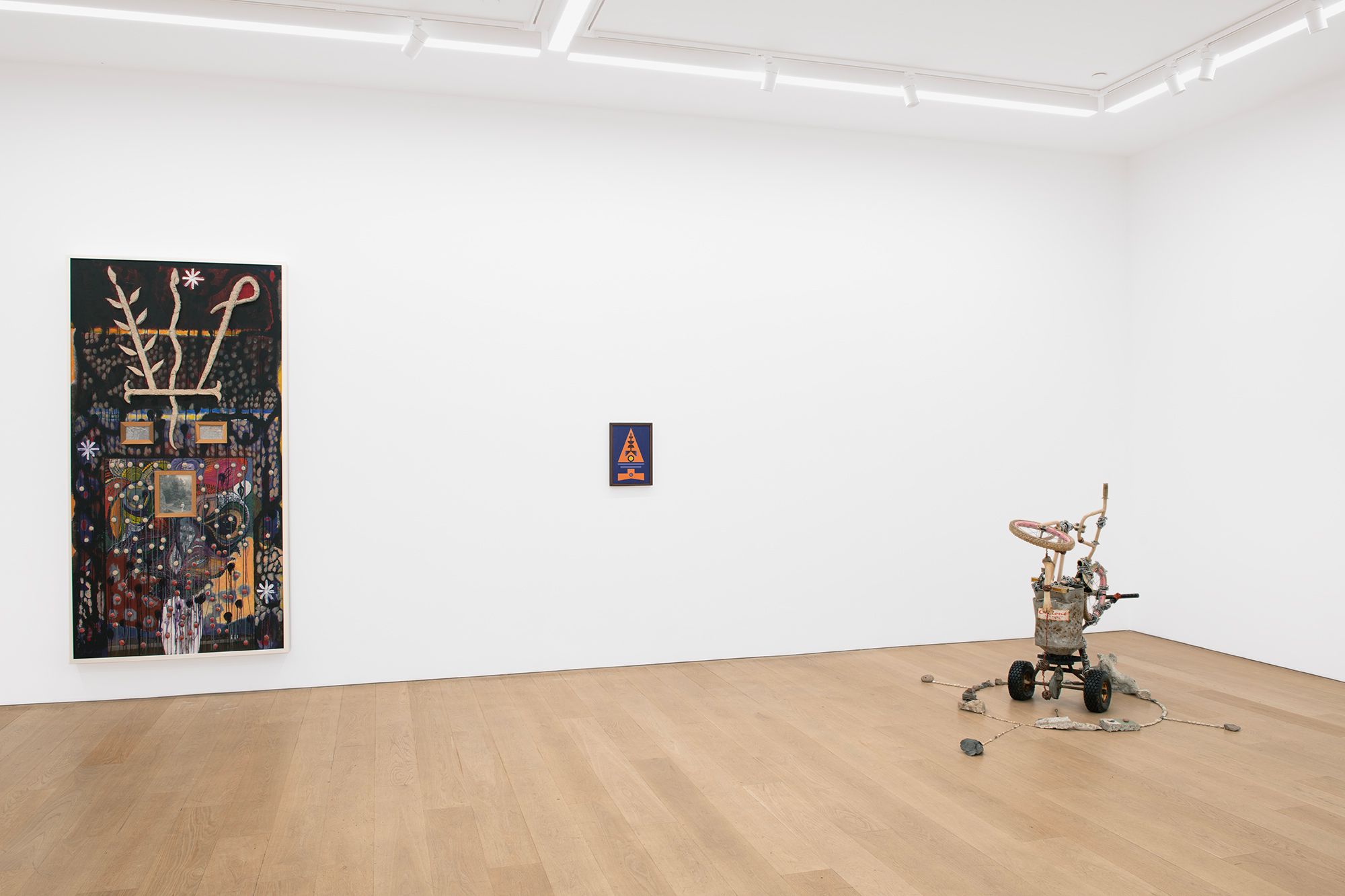
Installation view Charismatic Goods, CANADA, 2024

Installation view Charismatic Goods, CANADA, 2024
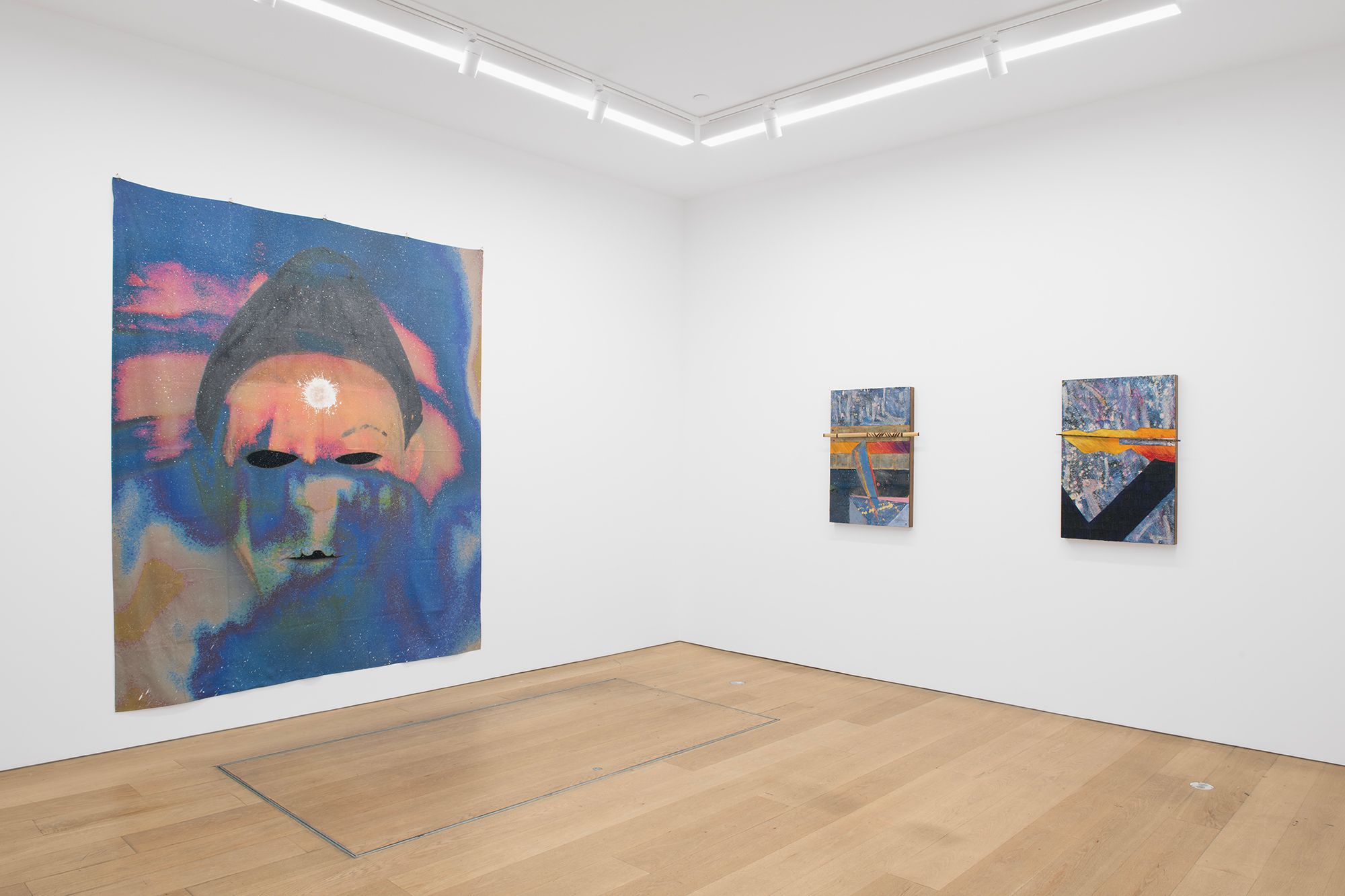
Installation view Charismatic Goods, CANADA, 2024

Installation view Charismatic Goods, CANADA, 2024
Installation view Charismatic Goods, CANADA, 2024

Installation view Charismatic Goods, CANADA, 2024

Artworks
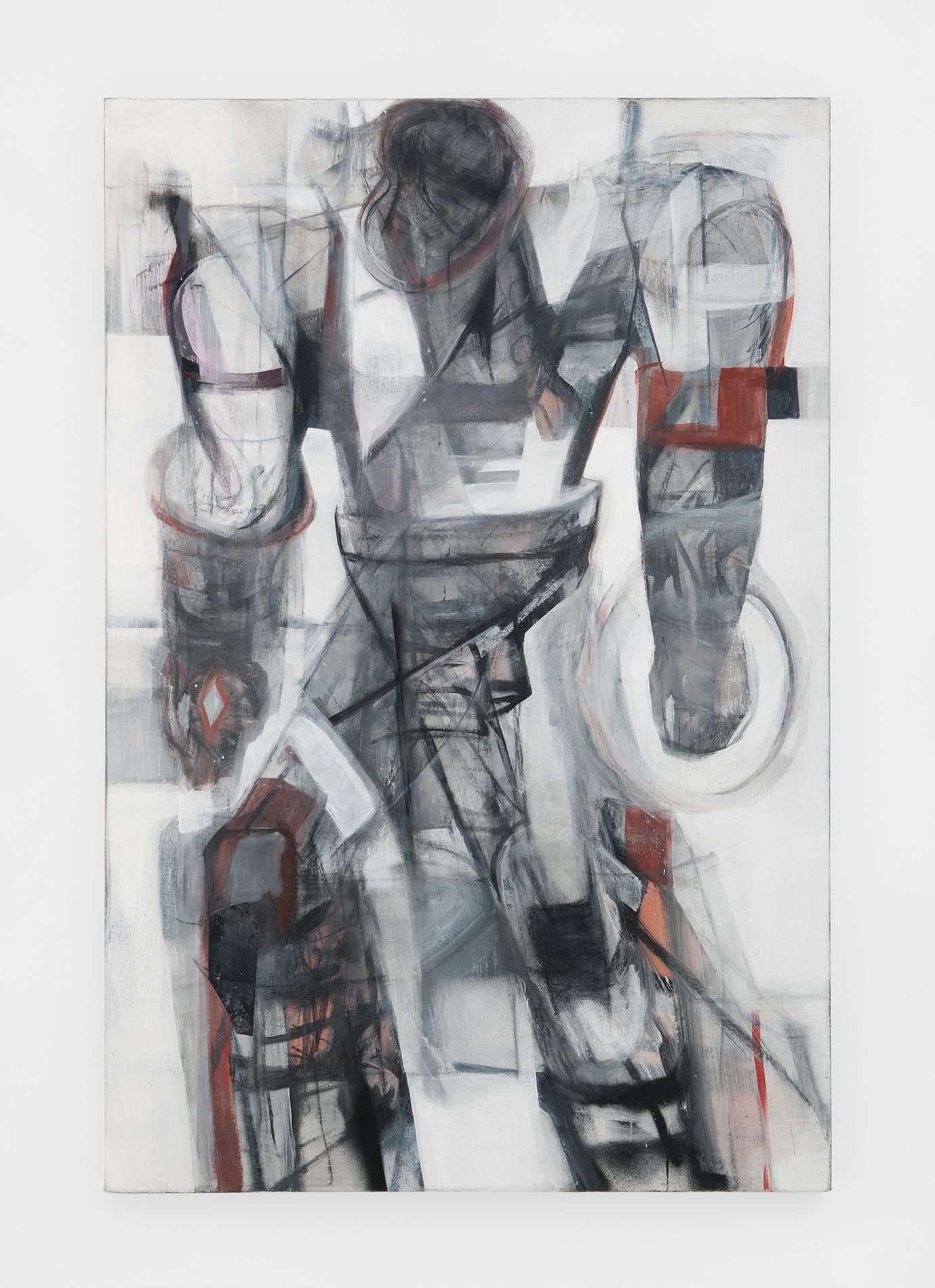
Israel Aten,
To recon the earth's Vast inner territory —A Seraphim's cry,
2024,
54 × 36 inches (137.16 × 91.44 cm)
Acrylic, spray paint, graphite, charcoal, and ink on canvas

Paul Gardère,
The Snowman,
1986,
98 × 50 × 4 ½ inches (248.92 × 127.00 × 11.43 cm) (framed)
Acrylic, plaster, colored pencil and mixed media on masonite and wood

Harold Mendez,
A sentence, or a spell,
2021–2023,
1 ¼ × 84 × 60 inches (3.18 × 213.36 × 152.40 cm)
Cast brass and iron, varying patinas, Claro wood, tallow, oxidized ball-grained aluminum, steel
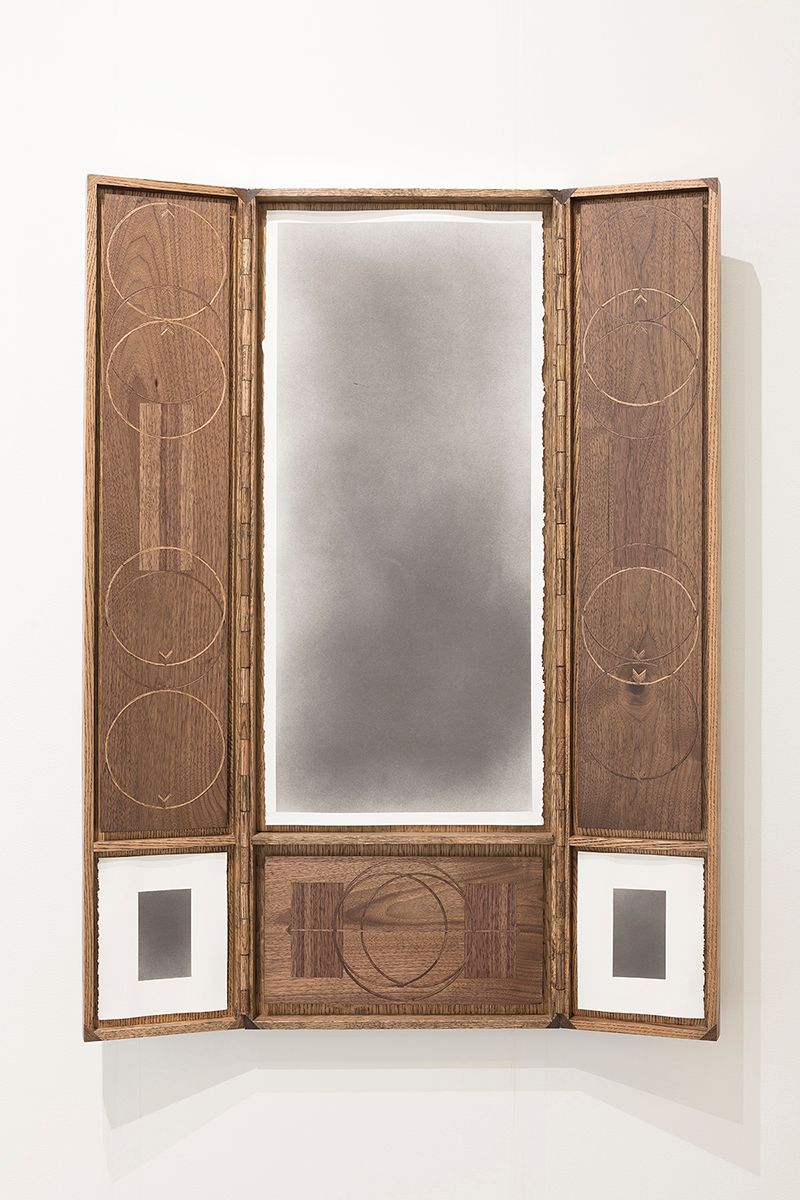
Nate Young,
Untitled (Altar No. 22),
2017,
Open: 48 × 36 inches (121.92 × 91.44 cm)
Closed: 48 × 18 inches (121.92 × 45.72 cm)
Oak, walnut, graphite on paper, gold leaf

Xaviera Simmons,
One Thousand (Arrangement),
2024,
68 × 45 inches (172.72 × 114.30 cm)
Color photograph
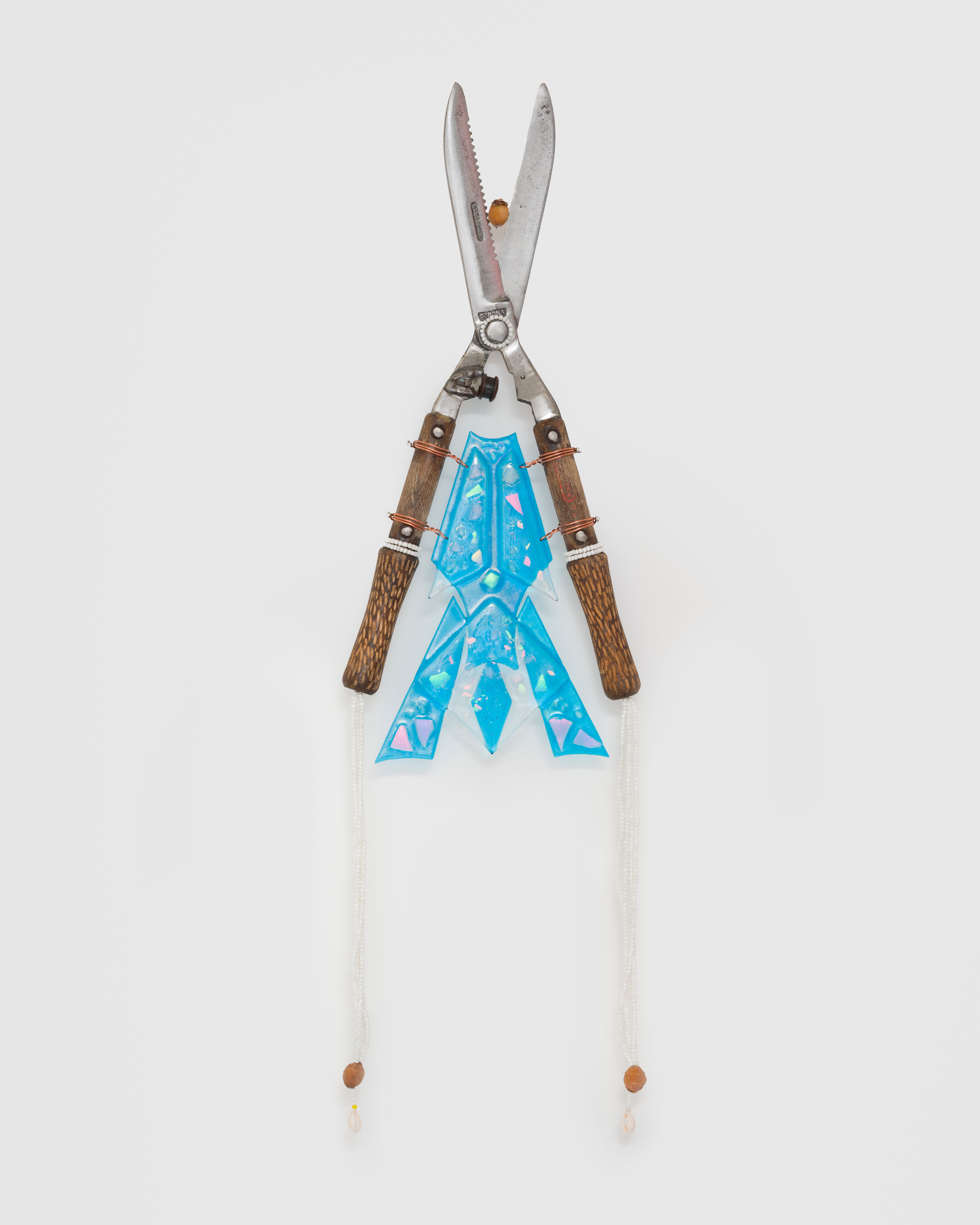
noé olivas,
Feeding the Birds (Mojuba Iyaami),
2024,
34 ½ × 10 × 5 ¼ inches (87.63 × 25.40 × 13.34 cm)
Artist's father's gardening shears, dichroic glass, glass beads, glitter, copper, palm fruit seeds, cowrie shells

Harold Mendez,
Thiss time (Quipu),
2023,
15 ¼ × 26 × ¾ inches (38.74 × 66.04 × 1.91 cm)
Water soluble graphite, cotton, watercolor, spray enamel, gesso, wax marking pencil on ball-grained aluminum mounted to Dibond
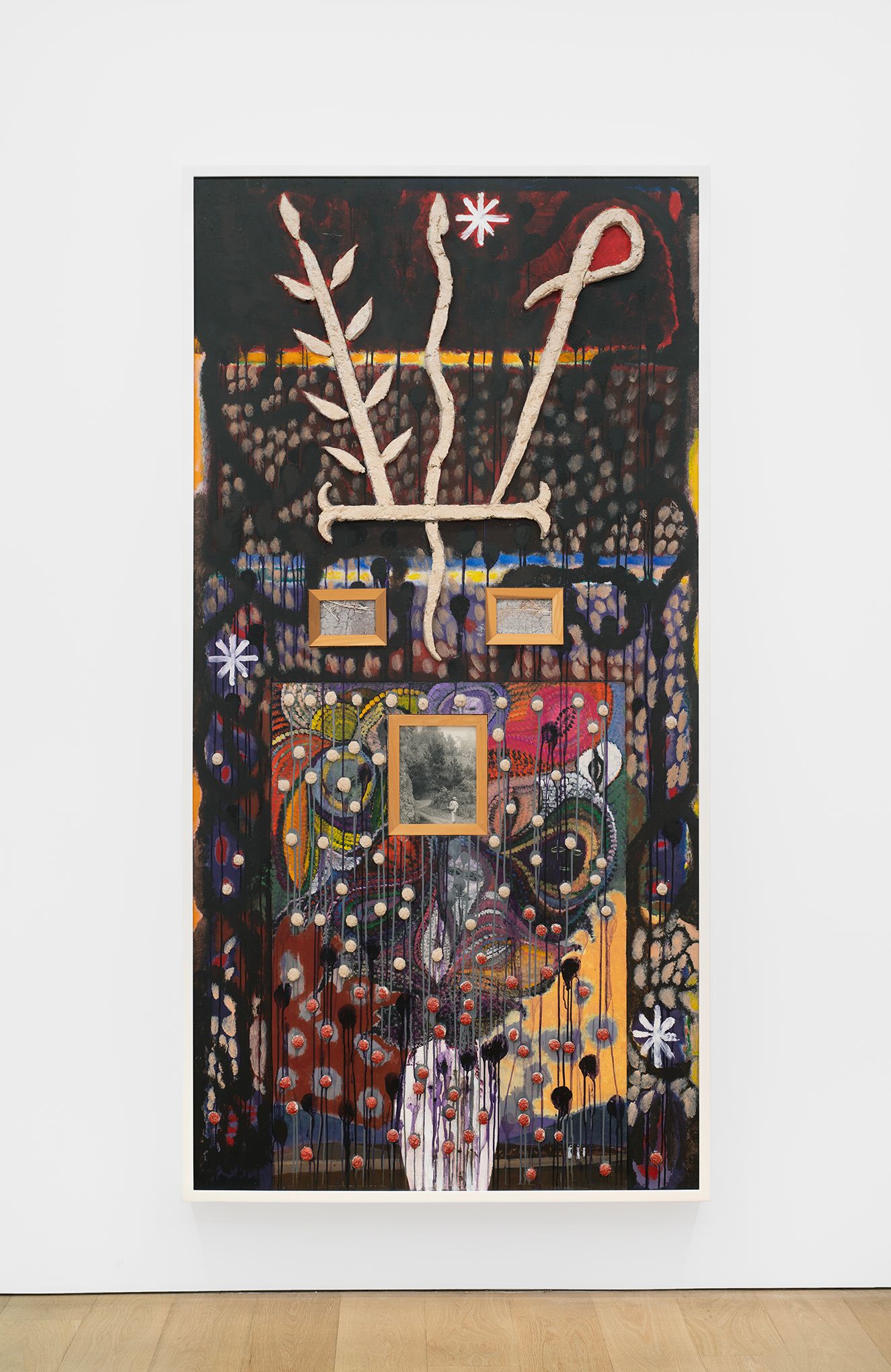
Paul Gardère,
Untitled,
1986,
98 × 50 × 4 ½ inches (248.92 × 127.00 × 11.43 cm) (framed)
Acrylic, plaster, glitter, frames, plexiglass, photographs and mixed media on masonite and wood
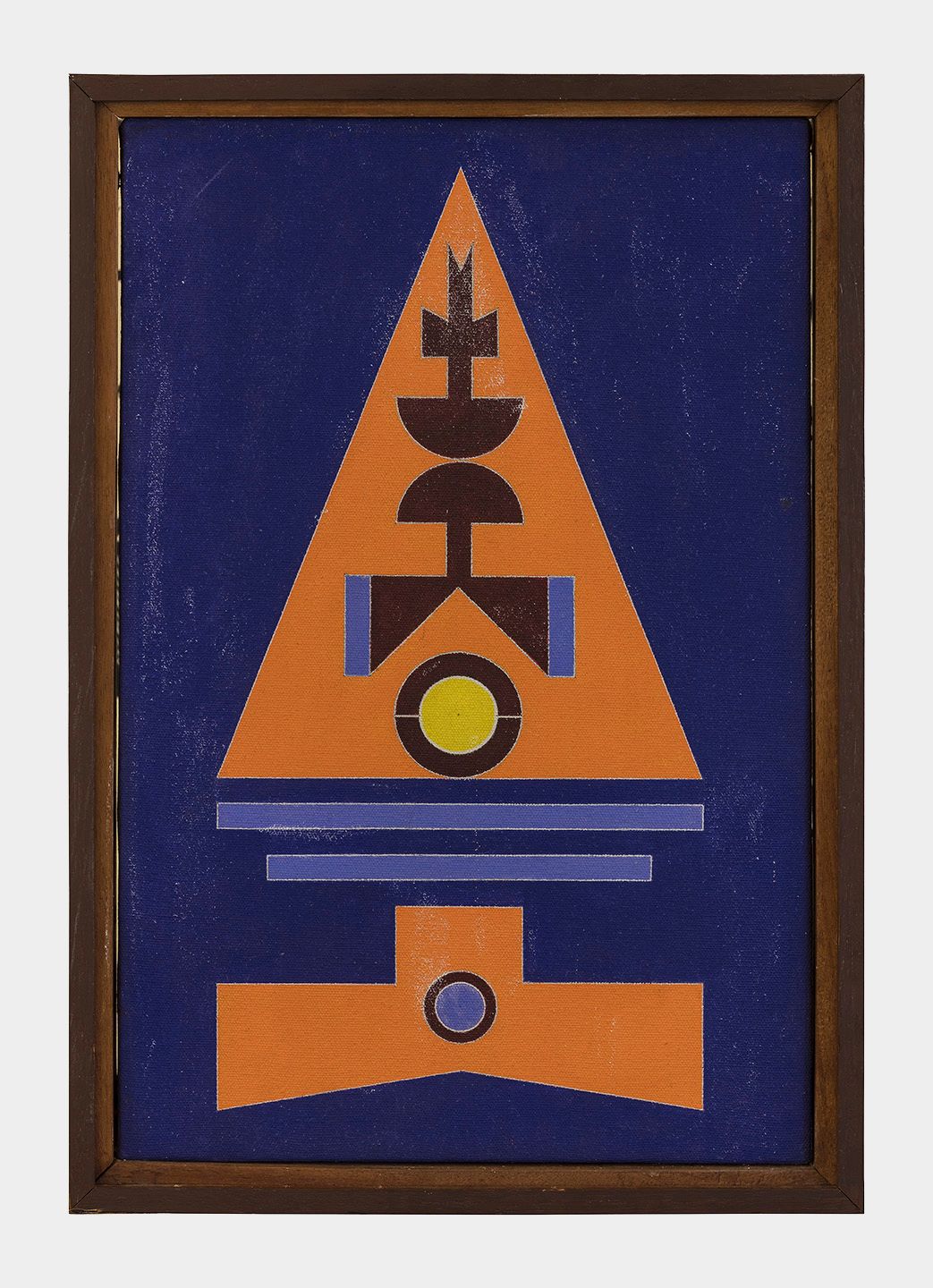
Rubem Valentim,
Emblema 87,
1986,
16 ⅛ × 10 ⅝ inches (40.96 × 26.99 cm)
Acrylic on canvas
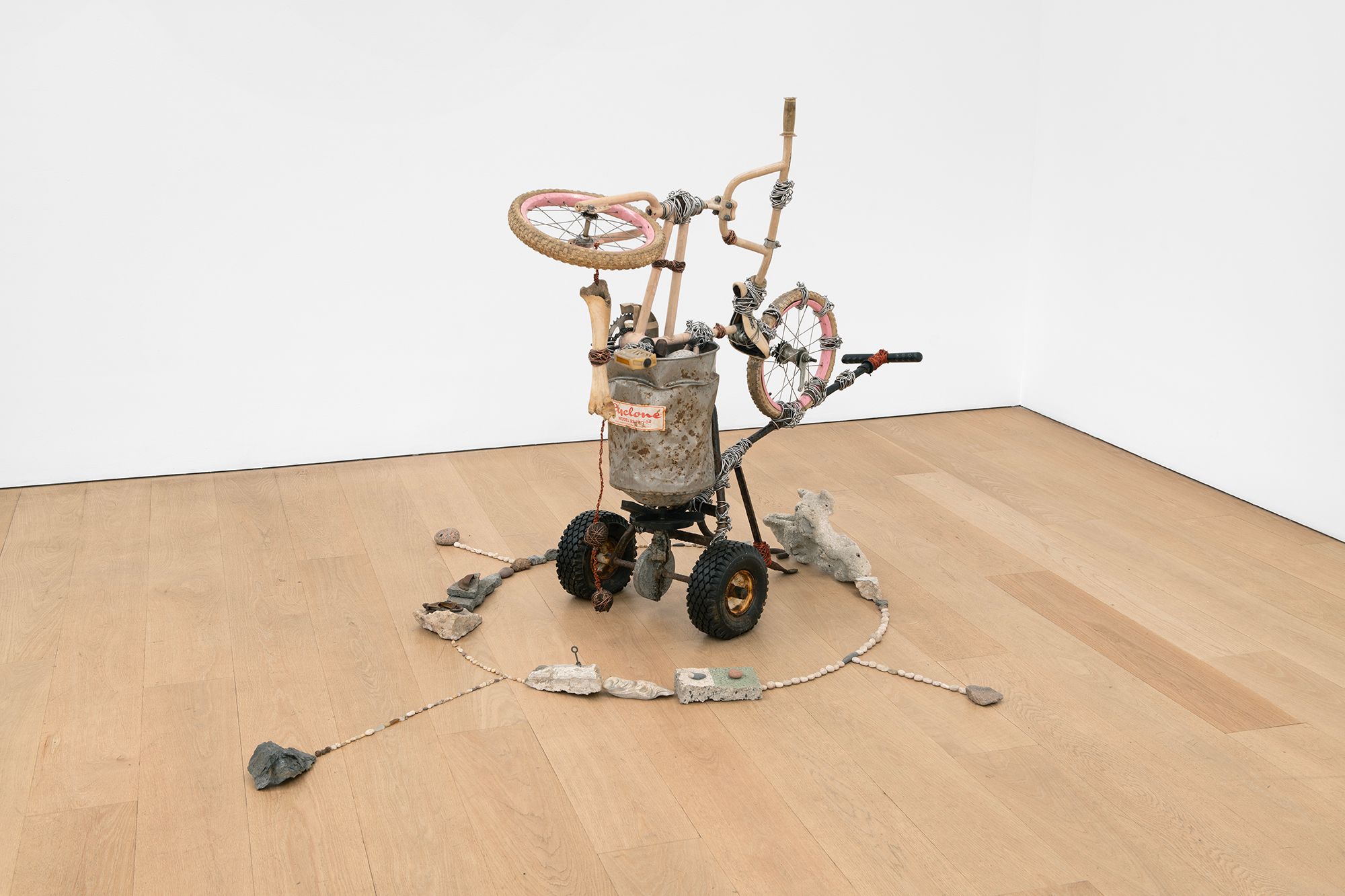
Arthur Simms,
Señor Negro,
1996,
53 × 70 × 82 inches (134.62 × 177.80 × 208.28 cm)
Bicycle, bones, rocks, stones, coral, salt thrower, metal
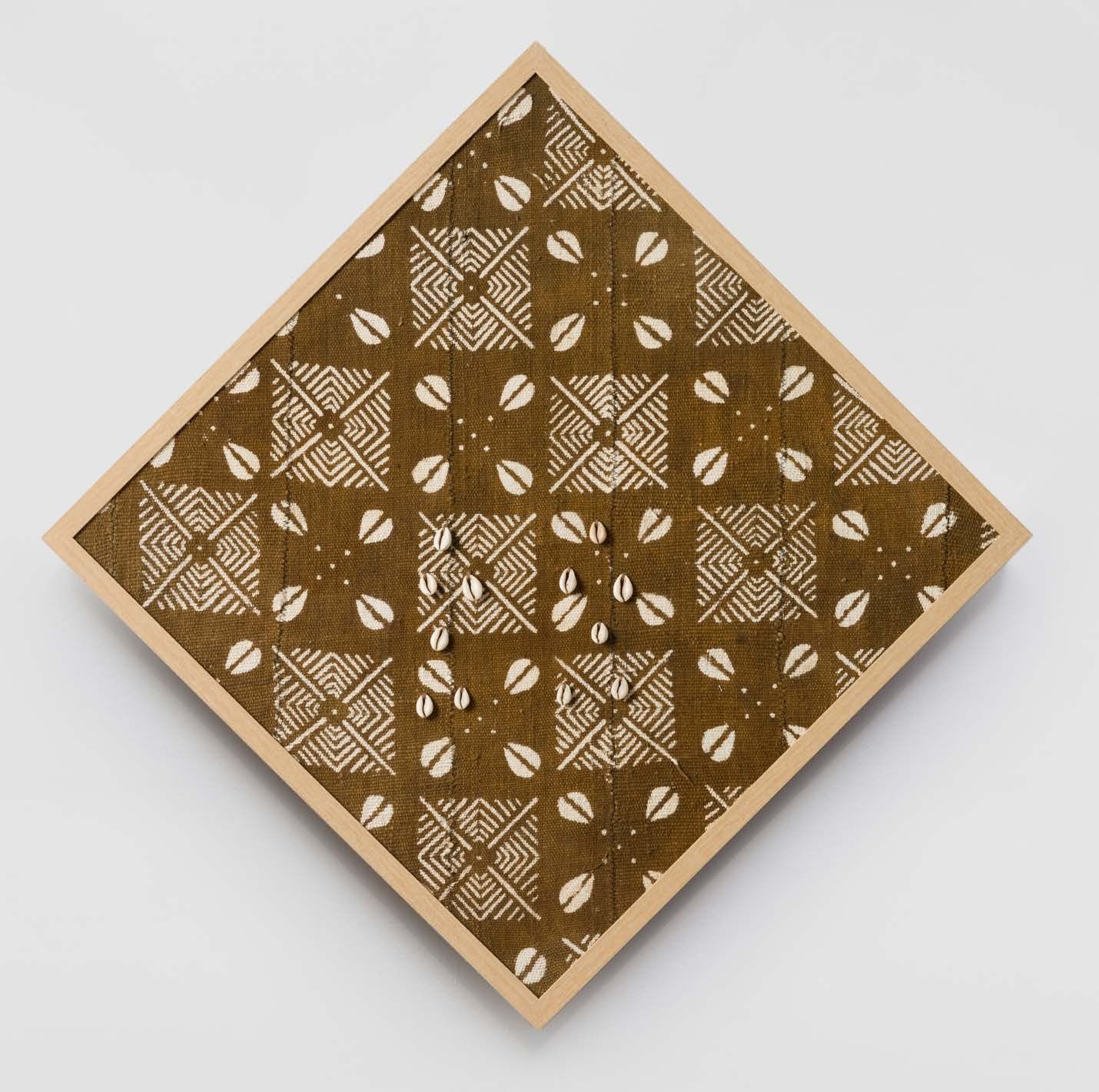
Patrisse Cullors,
Ose Meji,
2023,
25 × 25 inches (63.50 × 63.50 cm)
Vintage mud cloth, indigo, cowrie shells, yarn
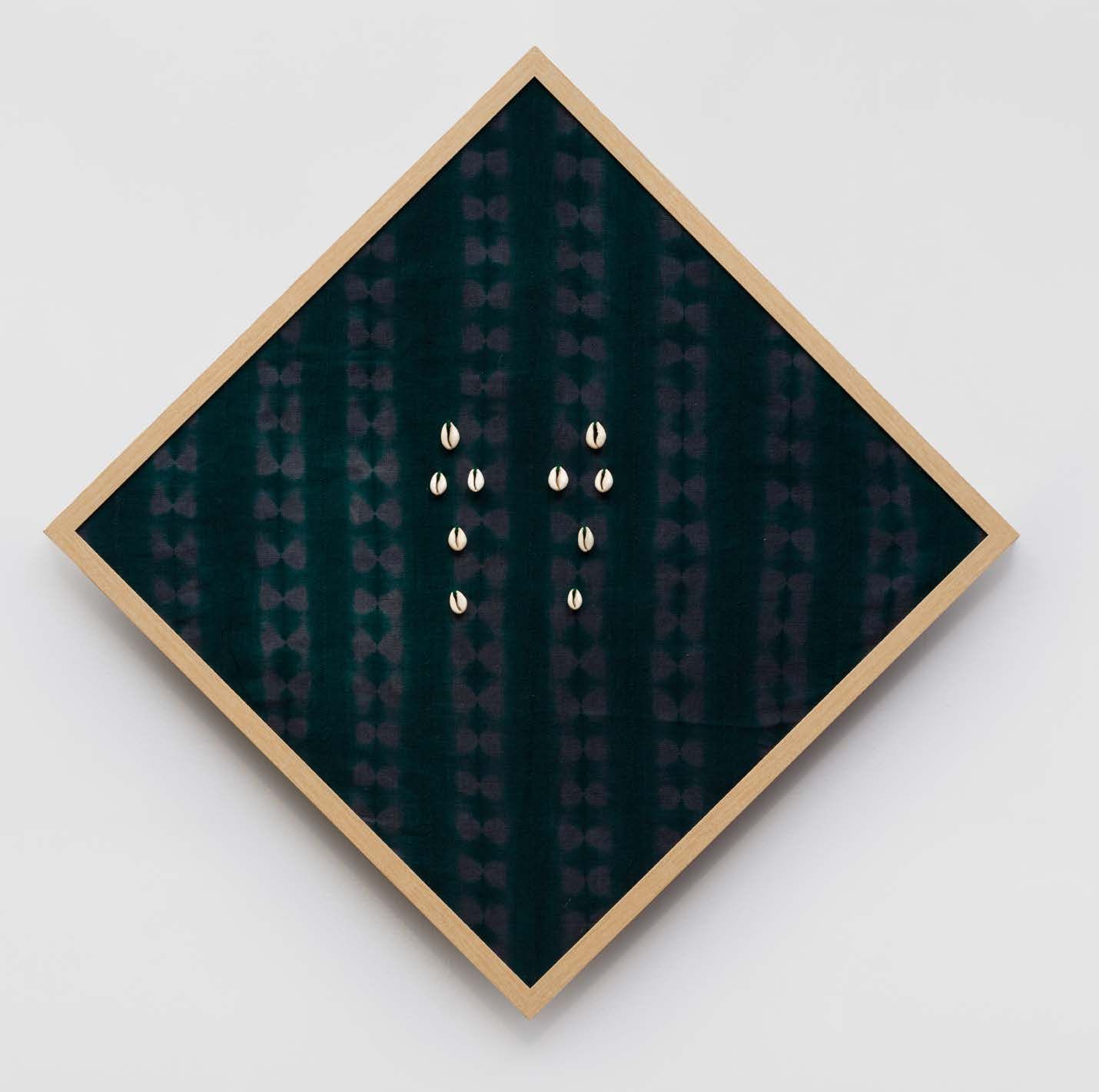
Patrisse Cullors,
Otura Meji,
2024,
25 × 25 inches (63.50 × 63.50 cm)
Vintage mud cloth, indigo, cowrie shells, yarn

Patrisse Cullors,
Irete Meji,
2024,
25 × 25 inches (63.50 × 63.50 cm)
Vintage mud cloth, indigo, cowrie shells, yarn
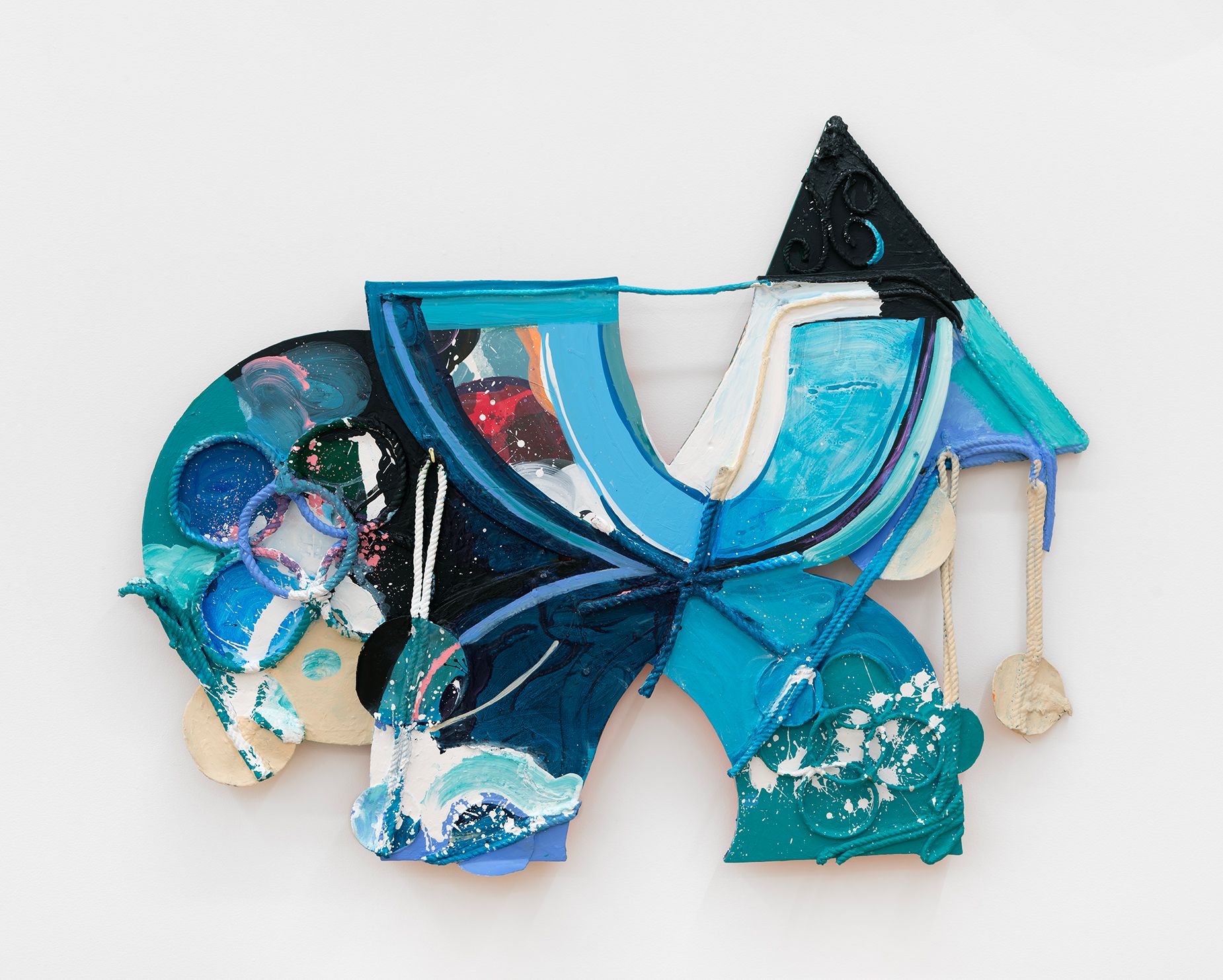
Rachel Eulena Williams,
Sea of Naivety,
2024,
42 × 55 inches (106.68 × 139.70 cm)
Acrylic, ink, canvas and rope on fiberboard, vinyl and wood panel
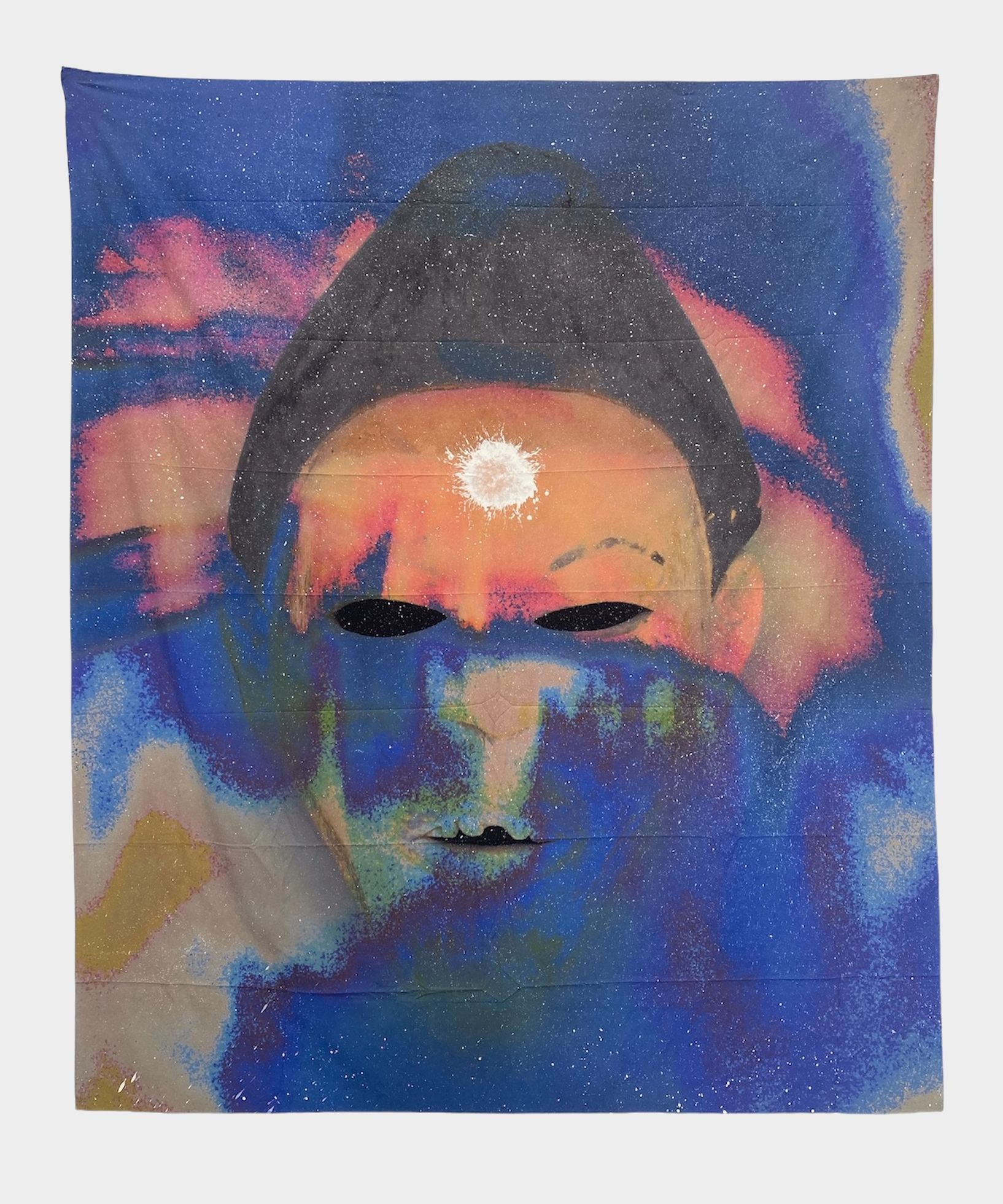
Kiván Quiñones Beltrán,
Ancestro I (Nganga),
2021,
104 × 88 inches (264.16 × 223.52 cm)
Acrylic and InkJet on polyester

Alonzo Davis,
Enlightened Pass Series #9,
2023,
36 × 24 × 2 inches (91.44 × 60.96 × 5.08 cm)
Acrylic, collage, watercolor paper on cradled board with painted and burned bamboo
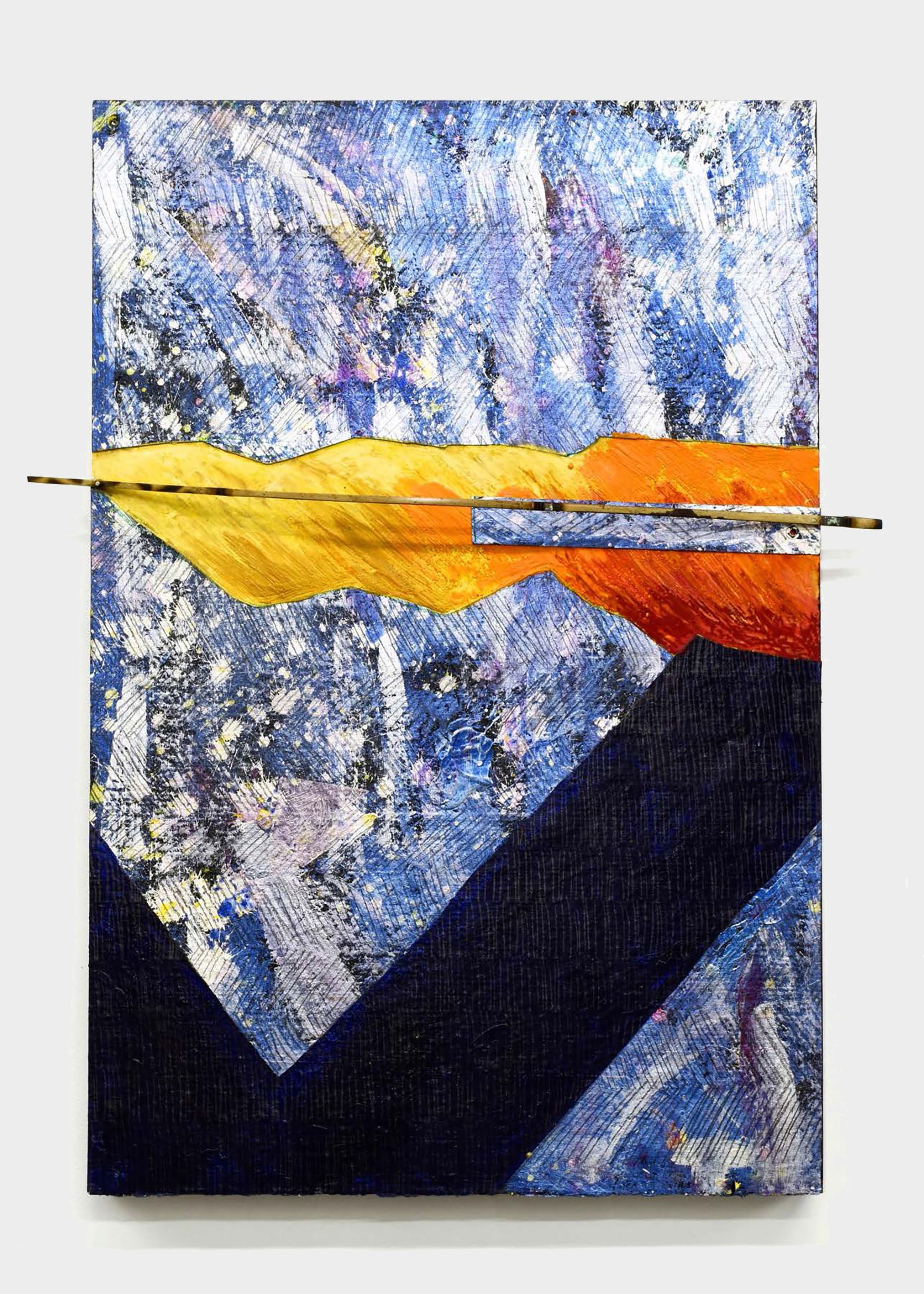
Alonzo Davis,
Enlightened Pass Series #10,
2023,
36 × 24 × 2 inches (91.44 × 60.96 × 5.08 cm)
Acrylic, collage, watercolor paper on cradled board with painted and burned bamboo
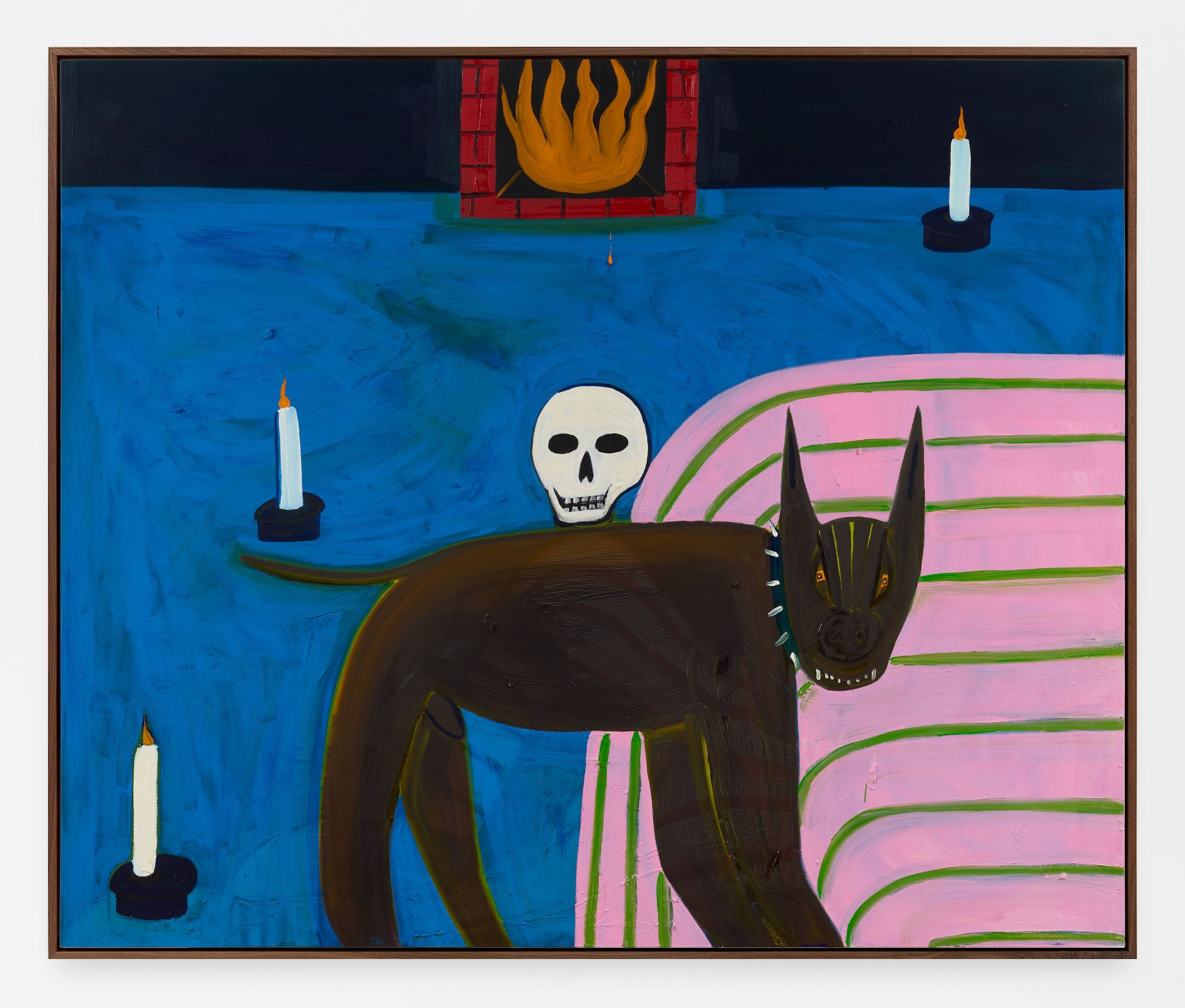
Marcus Jahmal,
Inflamed,
2023,
50 × 60 inches (127.00 × 152.40 cm)
Oil on canvas

Arthur Simms,
Spirit Dreaming,
2020,
67 × 48 × 48 inches (170.18 × 121.92 × 121.92 cm)
Feathers, wire, bulbs, metal, marker, wheels, mannequin
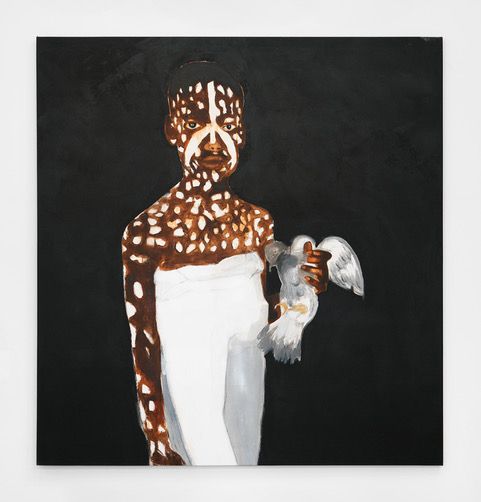
Moisés Patrício,
Iaô de Oxalá,
2023,
78 ¾ × 78 ¾ inches (200 × 200 cm)
Acylic on canvas
Press Release
CANADA is pleased to announce Charismatic Goods, a group exhibition organized by Wayne Northcross featuring Israel Aten, Kiván Quiñones Beltrán, Patrisse Cullors, Alonzo Davis, Paul Gardère, Marcus Jahmal, Harold Mendez, noé olivas, Moisés Patrício, Xaviera Simmons, Arthur Simms, Rubem Valentim, Rachel Eulena Williams, and Nate Young.
Charismatic Goods brings together an intergenerational group of Black, Indigenous, and Latinx artists who explore personal and collective spiritual and religious practices, manifesting the sacred through sculpture, painting, photography, and assemblage. The exhibition title draws inspiration from an essay by Peter Brown about the esteemed status of spiritual objects in Late Antiquity and their circulation through Byzantium, Northern Africa, and the Middle East. The artists in Charismatic Goods focus on the similar migration and blending of contemporary and ancient aesthetics, symbols, and spiritual power in the diaspora from Africa to the Indigenous new worlds. A unique visual language that transcends traditional categorizations through the harmonization of diverse pictorial and material elements arose.
Kivan Quiñones Beltrán (b.1997, Santurce, Puerto Rico), Alonzo Davis (b. 1942, Tuskegee, AL), Paul Gardère (b. 1944, Port-au-Prince; d. 2011, New York), Rubem Valentim (b. 1922, Salvador; d. 1991 São Paulo), Rachel Eulena Williams (b. 1991, Miami), and Arthur Simms (b. 1961, Saint Andrew, Jamaica) render religious symbols and figures (véve, Iwa, orixás, etc.) from Haitian Vodou, Brazilian Candomblé, West African Bukongo, Ghanaian Adinkra, and spiritual traditions of the Black American South and Southwest into abstracted compositions, while keeping their visual and spiritual potency and connection to ancestral memory.
In Untitled, 1986, Gardère created simplified depictions of Damballah (snake), Grand Bois (bough), and Legba (curved staff), three of the most important spirits in the Vodou cosmos and here emblematic of life’s winding journey. Patrisse Cullors (b. 1983, Los Angeles), noé olivas (b. 1987, San Diego), and Moisés Patrício (b. 1984, São Paulo) manifest the sacred concretely as practitioners and healers of Ifá or Candomblé, imbuing their work with a spiritual power. Olivas’ Feeding the Birds (Mojuba Iyaami), 2024, dedicated to the ancestral mothers in the Ifá Yoruba tradition, is a prayer to be respectful, have patience, be cool headed, understanding, tender, and always lead with love to ourselves, family, and all feminine energies.
Similarly, Cullors creates artworks as spiritual guardians that exist beyond the visual plane and become both urgent cultural commentary and spiritual armor. These pieces invite viewers to traverse the paths of history and spirituality and to witness the interplay of power, divinity and artistry through the lens of Yoruba and African heritage. Her Irete Meji, 2023, one of 15 Odùs, represents destiny and fate, emphasizes the importance of understanding one's path, and highlights the need for acceptance and trust in the process. In Iaô de Oxalá, 2023, Patrício, an initiated Candomblé priest, addresses issues related to identity, religiosity, ancestry, and resistance with a portrait of his nephew whose gestures refer to signs with meaning within “terreiro” culture.
Harold Mendez (b. 1977, Chicago) and Nate Young (b.1981, Phoenixville, PA) propose a multiplicity of materiality and process through an investigation of the historical uses and cultural meanings behind relics, votive offerings, reliquaries, talismans, and altars. In Young’s Untitled (Altar No. 22), 2017, a minimalist container, viewers expecting the wooden triptych to house a sacred narrative are surprised with an opaque surface, a cloud of unknowing. In Thiss time (Quipu), 2023, Mendez continues his meditations on transnational narratives that shaped the histories of the Americas and the bodies touched—through migration, exchange, violence, and evolving spiritual, epistemological inquiries—by those inherited histories.
Israel Aten (b. 1986, Detroit), Marcus Jahmal (b. 1990, New York), and Xaviera Simmons (b. 1974, New York) present glyphs, heroic figures, floral arrangements, and ceremonial objects that can serve as contemporary or futuristic icons of devotion, meditation, and contemplation. In the domestic scene of Jahmal’s Inflamed, 2023, a hissing cat, ceremonial candles, and a human skull, can be read as markers of superstitious or magical narratives that exist as documents of our current moment, yet also embody a mythological timelessness.